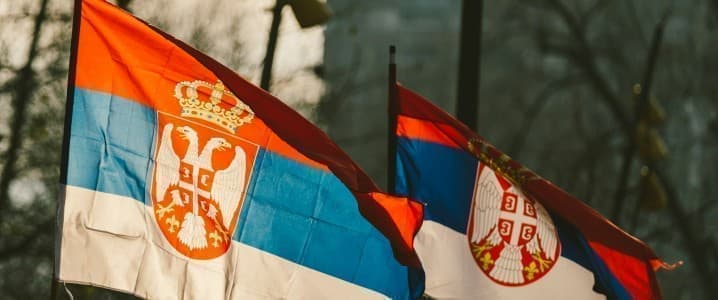- Serbia and Hungary are collaborating with Russia on energy infrastructure, including an extension of the Druzhba pipeline, which undermines EU efforts to reduce reliance on Russian energy.
- Ukrainian drone attacks on the Druzhba pipeline have disrupted oil shipments and highlighted the vulnerabilities of relying on this infrastructure, leading to a strong reaction from Hungary.
- Serbia’s actions pose a dual challenge for the EU by maintaining Russian energy dependence and potentially anchoring Chinese influence, complicating its EU accession negotiations on green agenda and sustainable connectivity.
…
EU Commissioner for Energy Dan Jørgensen unveiled an ambitious plan in June to stop all Russian oil and natural gas exports to the European Union by 2027. A little over one month later, Hungary and Serbia announced a joint effort to build additional infrastructure that would enable Russian oil exports to reach Serbia via an extension of the Druzhba pipeline. Once built, the pipeline will be able to convey upwards of 5 million tons of oil annually to Serbia. The target completion date is 2027.
A recent analysis published by the Western Balkans Center at New Lines Institute explains how Serbia’s actions are “revealing broader inefficiencies in the EU’s strategy to mitigate external energy influences.”
The analysis states Serbia is pursuing a “deliberate strategy of maneuvering between Russia and China to maximize autonomy while extracting concessions from Brussels. The result is a dual challenge for the EU – Serbia’s continuation of Russian energy dependence that undermines sanctions unity, and resource politics that could anchor Chinese influence at the heart of the Union’s green transition.”
…
“Serbian geopolitical maneuvering involving Russia is dangerous to European geopolitical stability and prosperity,” the analysis states. “Russia has historically capitalized on destabilization and conflict in the Western Balkans. This further diverts the region from EU democratic norms and allows Russia to extend its influence in Europe, despite EU sanctions.”


